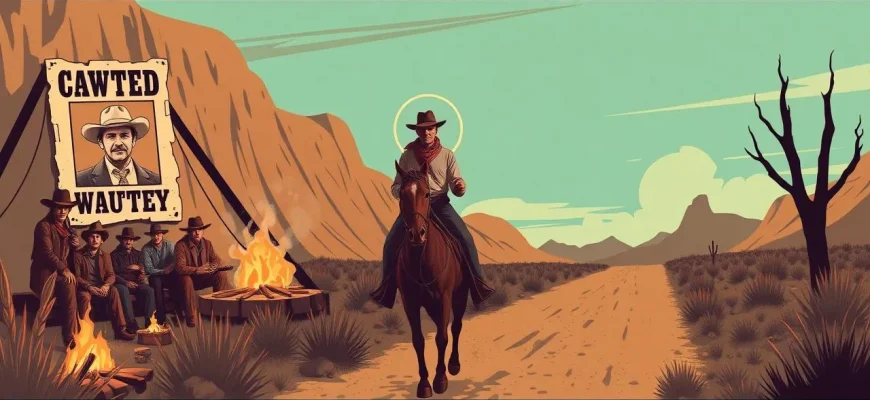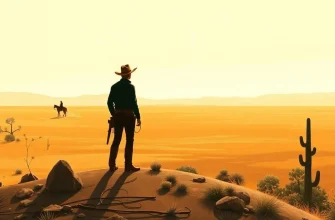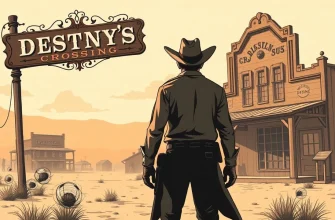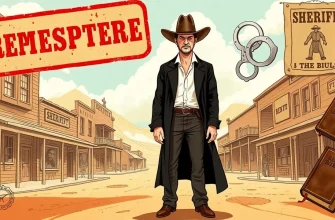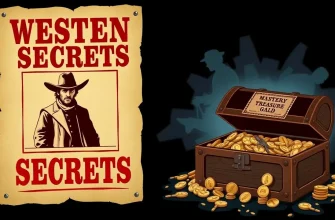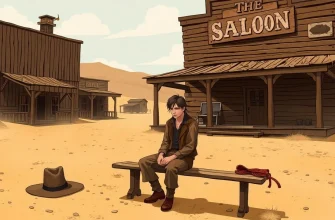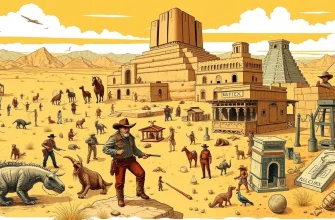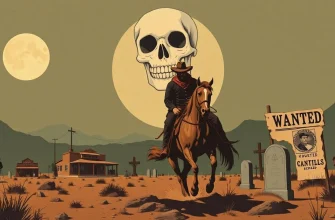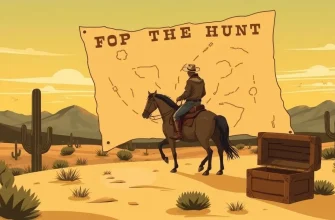The Wild West has always been a fertile ground for storytelling, with its iconic imagery and characters often steeped in stereotypes. This curated selection of 10 Western films delves into these stereotypes, either by subverting them or embracing them to tell compelling stories. These films offer a unique lens through which to view the genre, providing both entertainment and a deeper understanding of the cultural and historical context of the American frontier.
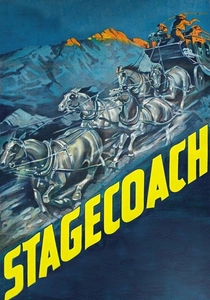
Stagecoach (1939)
Description: John Ford's classic film is filled with archetypal characters, from the drunken doctor to the prostitute with a heart of gold, showcasing the genre's stereotypes.
Fact: This film marked John Wayne's breakthrough role, cementing his image as the quintessential Western hero.
 Watch Now
Watch Now
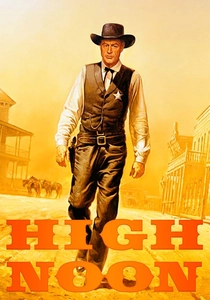
High Noon (1952)
Description: This film uses the stereotype of the lone lawman standing against evil, but it also critiques the community's cowardice and lack of support.
Fact: Gary Cooper won an Academy Award for Best Actor for his role as Marshal Will Kane.
 Watch Now
Watch Now
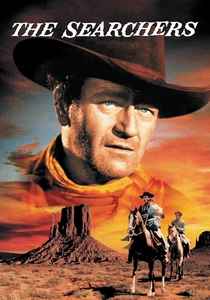
The Searchers (1956)
Description: It delves into the stereotype of the racist frontiersman, with John Wayne's character embodying both heroism and prejudice.
Fact: The film was shot in Monument Valley, a location that became synonymous with Ford's Westerns.
 Watch Now
Watch Now
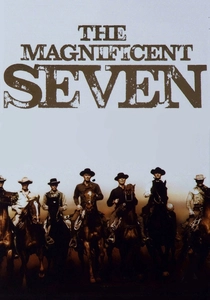
The Magnificent Seven (1960)
Description: This film plays with the stereotype of the gunslinger for hire, showcasing a diverse group of men coming together for a common cause.
Fact: It was a remake of Akira Kurosawa's "Seven Samurai," adapted to a Western setting.
 Watch Now
Watch Now

The Man Who Shot Liberty Valance (1962)
Description: This film explores the myth of the Western hero, questioning the reality behind the legend. It showcases the stereotype of the rugged individualist versus the civilized man.
Fact: The film was directed by John Ford, who was known for his Westerns, and it was one of the last films he directed.
 Watch Now
Watch Now

Once Upon a Time in the West (1968)
Description: Sergio Leone's epic challenges and expands upon the Western stereotypes, particularly through its portrayal of the mysterious, silent gunslinger.
Fact: The film was originally much longer, with some scenes cut for its American release.
 Watch Now
Watch Now
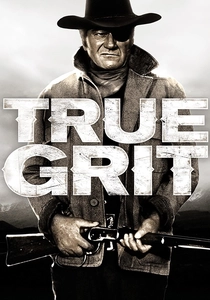
True Grit (1969)
Description: This film explores the stereotype of the tough, determined woman in a man's world, with the character of Mattie Ross standing out.
Fact: John Wayne won his only Academy Award for Best Actor for his role as Rooster Cogburn.
 Watch Now
Watch Now
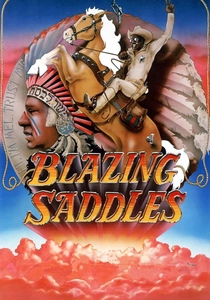
Blazing Saddles (1974)
Description: A satirical take on Western stereotypes, this comedy film pokes fun at racial and cultural clichés, making it a unique entry in the genre.
Fact: Mel Brooks wrote, directed, and starred in this film, which was initially met with resistance from Warner Bros. due to its controversial content.
 Watch Now
Watch Now

The Outlaw Josey Wales (1976)
Description: This film portrays the stereotype of the lone avenger but adds layers of complexity to the character, exploring themes of revenge and redemption.
Fact: The film was directed by and starred Clint Eastwood, who also co-wrote the screenplay.
 Watch Now
Watch Now
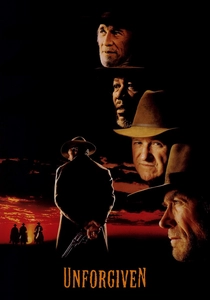
Unforgiven (1992)
Description: Clint Eastwood's film challenges the myth of the noble gunslinger, presenting a more nuanced view of violence and morality in the West.
Fact: Eastwood won his first Best Director Oscar for this film, which also took home Best Picture.
 Watch Now
Watch Now

